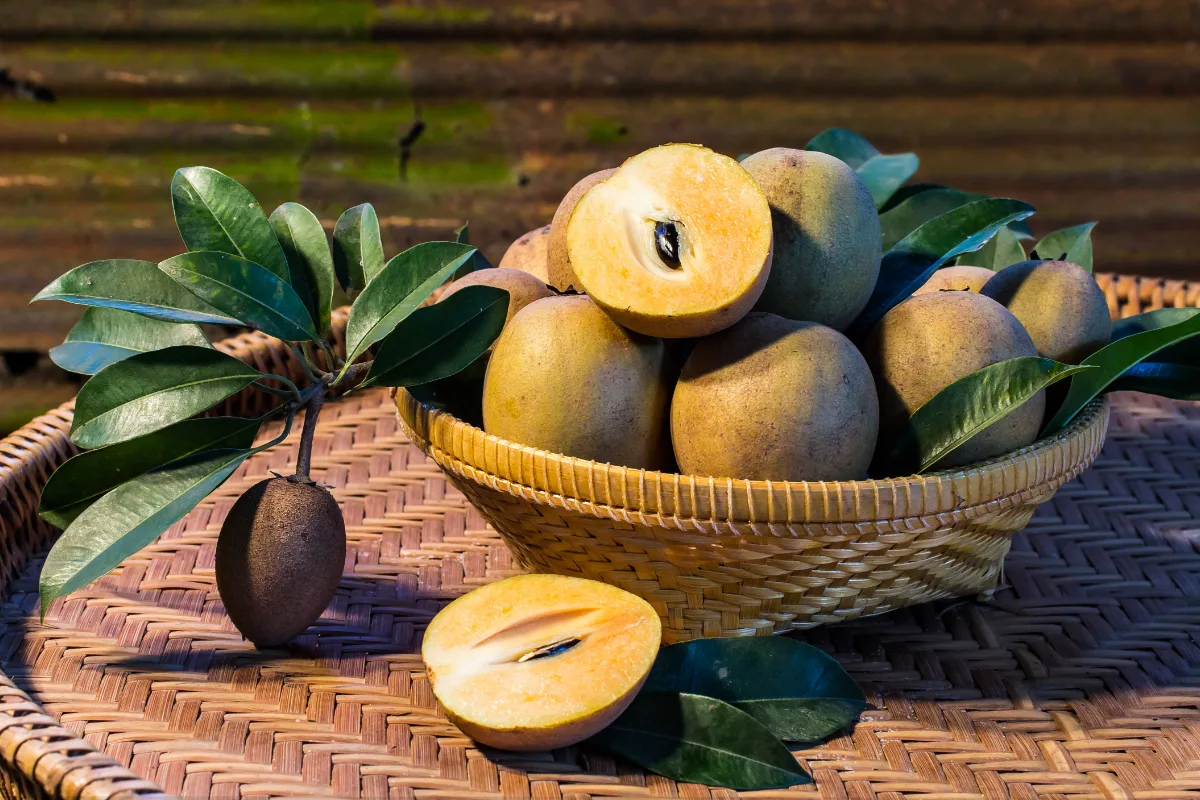Pistachio nuts, often revered for their unique flavor and delightful crunch, are more than just a delicious snack. As a cornerstone of healthy eating, these little green gems pack an impressive nutritional punch, making them a favorite among health enthusiasts worldwide. In this article, we will delve into the extensive nutritional profile of pistachios, exploring not only their macro and micronutrient content but also the myriad of health benefits they offer. Additionally, we will touch on important considerations to keep in mind when incorporating pistachios into your diet. By the end of this article, you will have a comprehensive understanding of why pistachios deserve a regular spot in your pantry, along with practical guidance on how to enjoy them fully. Let’s unlock the nutritional treasures of pistachio nuts!
Nutritional Profile of Pistachio Nuts
Pistachio nuts are a nutrient-dense food that offers a wide range of essential nutrients important for overall health. A 100-gram serving of these delightful nuts contains:
- Protein: 23.35 g
- Total Fat: 42.49 g
- Dietary Fiber: 10.64 g
- Carbohydrates: 15.82 g
- Energy: 2257 Joules
- Iron: 4.5 mg
- Calcium: 135 mg
- Sodium: 6.93 mg
- Potassium: 1053 mg
- Zinc: 2.42 mg
This impressive nutrient composition highlights pistachios as a source of protein, healthy fats, and fiber, making them an ideal choice for those looking to boost their diet with nutritious options. The protein content in pistachios is notable for a nut, providing a plant-based alternative to meat or dairy. Furthermore, the healthy fats found in pistachios are predominantly monounsaturated and polyunsaturated fats, which are known for their heart health benefits.
Health Benefits of Pistachio Nuts
The consumption of pistachios is linked to numerous health benefits, making them a powerhouse of nutrition. Here are some key reasons to include these nuts in your daily diet:
- Heart Health: The presence of healthy fats in pistachios can help lower cholesterol levels and reduce the risk of heart disease. The nuts are also rich in antioxidants, which combat oxidative stress and inflammation in the body.
- Weight Management: Despite their higher calorie content, pistachios may aid in weight management. Their high protein and fiber content promote satiety, helping to control hunger and reduce overeating.
- Blood Sugar Control: Pistachios have a low glycemic index, which means they do not cause significant spikes in blood sugar levels. Their fiber content also aids in stabilizing glucose levels, making them an excellent choice for individuals with diabetes or those concerned about blood sugar management.
- Bone Health: With a good amount of calcium and other essential minerals like potassium and magnesium, pistachios contribute to maintaining healthy bones and may prevent bone-related diseases.
- Improved Gut Health: The dietary fiber in pistachios supports digestive health by promoting regular bowel movements and feeding beneficial gut bacteria, ultimately leading to improved gut microbiome balance.
As a versatile snack, pistachios can be consumed alone or added to salads, baked goods, and various dishes, making it easy to incorporate their numerous health benefits into your daily eating habits.
Considerations for Consumption
While pistachios offer numerous health benefits, it’s essential to approach their consumption with a few considerations in mind:
- Portion Control: Although nutritious, pistachios are calorie-dense. It’s important to be mindful of portion sizes—typically, a serving size is about 30 grams (approximately 1 ounce or about 49 nuts).
- Salt Variation: Many commercially available pistachios are salted, which can lead to excessive sodium intake. Opting for unsalted varieties can be a healthier solution, especially for those managing hypertension or cardiovascular issues.
- Allergy Considerations: Nuts are a common allergen, and pistachios are no exception. Individuals with nut allergies should avoid consuming them altogether, while those with mild sensitivities should consult their healthcare provider.
- Storage and Freshness: To maintain their quality, pistachios should be stored in a cool, dry place, preferably in an airtight container. Over time, they can go rancid due to their fat content; thus, proper storage is crucial for retaining flavor and nutritional integrity.
Conclusion
Pistachio nuts are a remarkable addition to a balanced diet, providing essential nutrients and health benefits that extend beyond mere snacking. With their impressive protein content, healthy fats, and array of vitamins and minerals, it’s clear that these nuts should not be overlooked. They offer significant advantages for heart health, weight management, and overall well-being, all while being versatile in culinary applications. However, moderation and mindful consumption remain vital, especially concerning portion sizes and salt intake. By incorporating pistachios into your diet thoughtfully, you can enjoy their myriad benefits while supporting your nutritional goals.
Axis Diet is dedicated to empowering individuals with knowledge and practical advice for healthier living. Our articles, grounded in research and expert insights, aim to simplify complex nutritional concepts, offering a comprehensive understanding of various aspects of diet and wellness. While these articles are informative and a great starting point for anyone looking to improve their health, they are for informational purposes only. For personalized, professional guidance tailored to your unique health needs, we encourage you to consult with Axis Diet’s registered dietitians. Reach out to us for expert personalized guidance on your nutritional journey.





